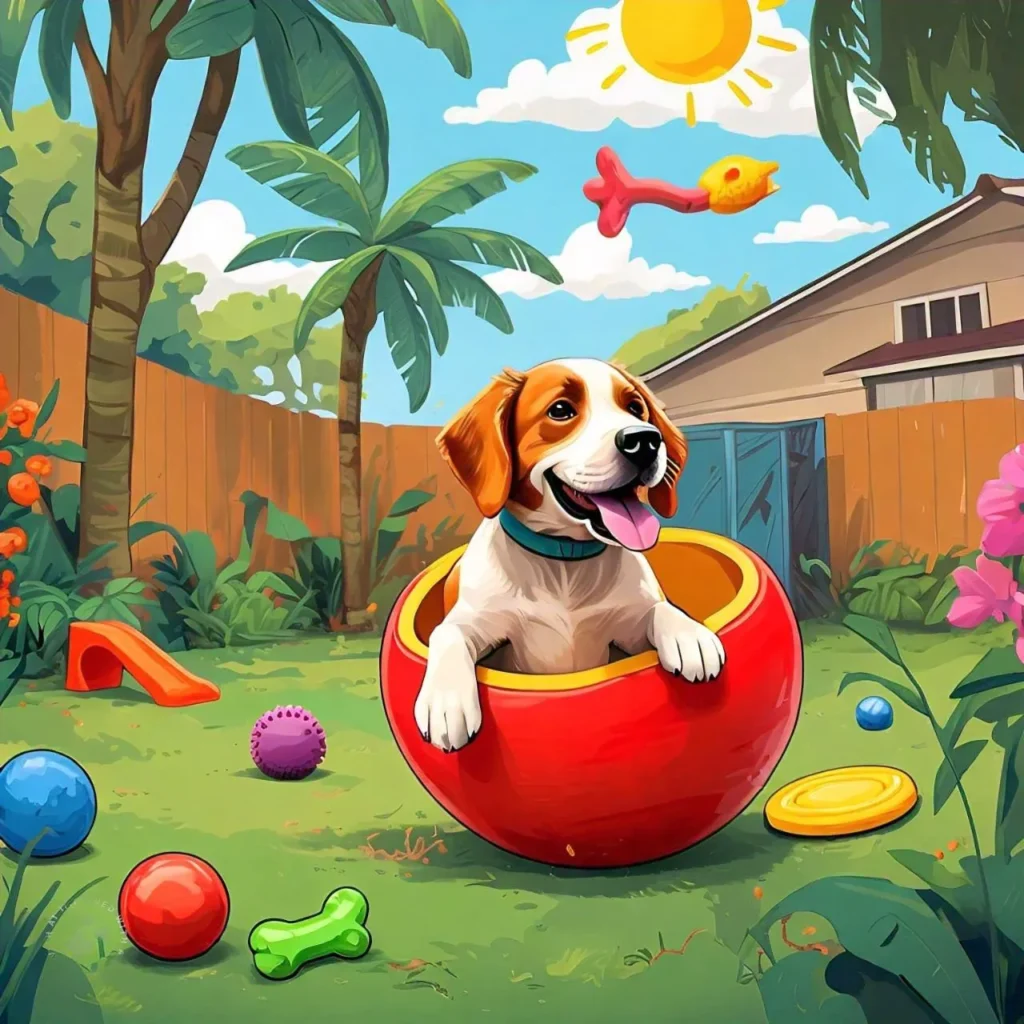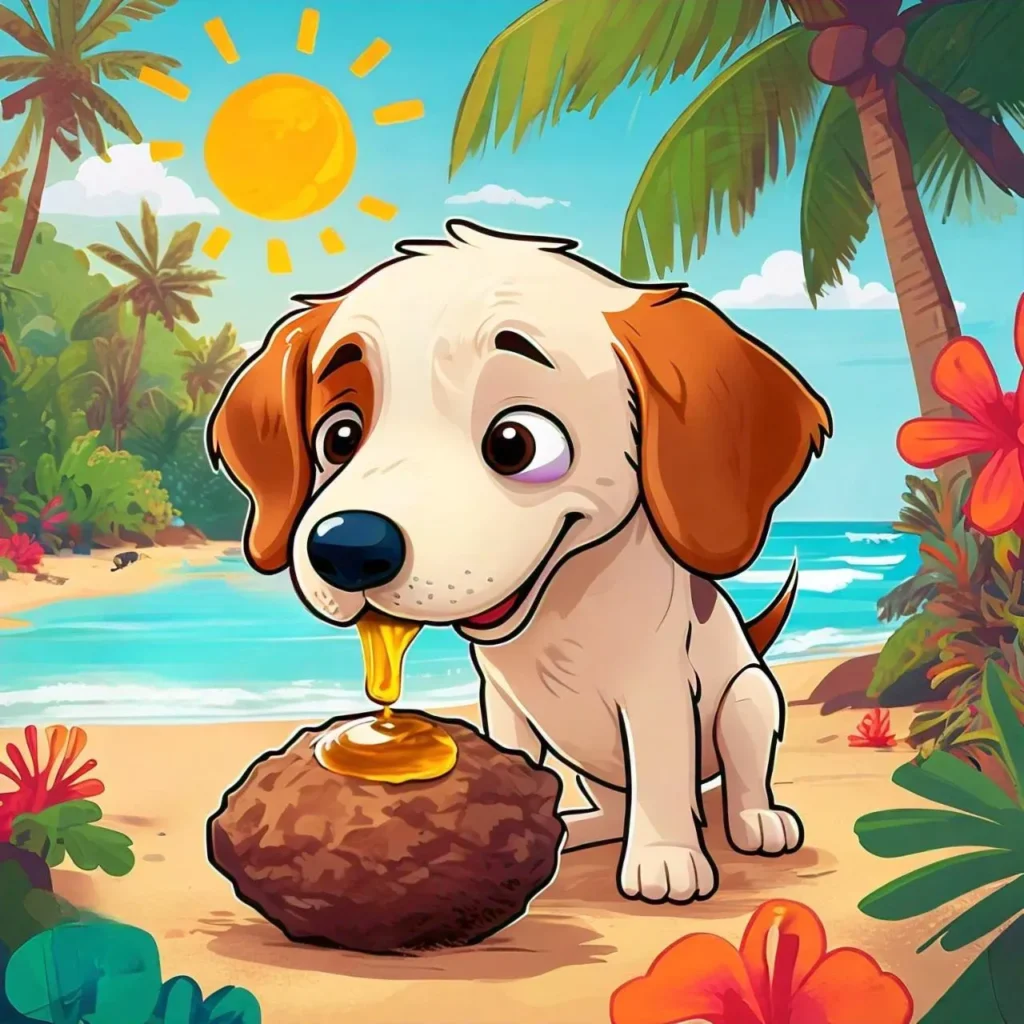As a dog owner, you’re likely cautious about what you feed your furry friend. With so many ingredients in processed foods, it’s crucial to understand which ones are safe and which could potentially harm your dog. One ingredient that often sparks curiosity and concern is palm oil. In this article, we’ll explore whether dogs can safely consume palm oil, the potential risks, and how to protect your pet from any harm related to it.
What is Palm Oil?
Palm oil is a type of edible vegetable oil derived from the fruit of oil palm trees, primarily grown in tropical regions. It’s widely used in a variety of human food products, cosmetics, and cleaning agents because it’s inexpensive and versatile. You’ll find palm oil in everything from margarine and baked goods to dog treats.
While palm oil is generally safe for humans in moderation, things become a bit more complicated when it comes to dogs.
Is Palm Oil Safe for Dogs?
The short answer is no, palm oil is not safe for dogs, particularly in certain forms or quantities. There are two primary concerns when it comes to palm oil and dogs:

- Palm Oil in Processed Dog Food and Treats
Some commercial dog foods and treats contain refined palm oil. In small quantities, it is usually safe as an ingredient in pet food products. However, the long-term consumption of products high in palm oil may pose health risks, including obesity or digestive issues, given the high fat content. - Unrefined Palm Oil (especially on beaches)
A more pressing concern is unrefined palm oil found washed up on beaches. This form is toxic to dogs. When ingested, it can lead to vomiting, diarrhea, dehydration, and in some cases, more serious health complications. Dogs are often attracted to its smell and texture, which increases the risk of accidental consumption.
The Dangers of Palm Oil for Dogs
Let’s dive deeper into the specific dangers palm oil can pose to dogs:
1. Toxicity from Ingesting Unrefined Palm Oil
Palm oil that washes ashore can be contaminated with other harmful substances, like fuel or industrial waste, making it particularly toxic to dogs. Even a small amount can cause gastrointestinal distress, leading to symptoms such as:
- Vomiting
- Diarrhea
- Abdominal pain
- Lethargy
In more severe cases, this can lead to dehydration and require immediate veterinary care.
2. Digestive Upsets
Palm oil is a fatty substance, and while dogs need fats in their diet, excess fats — especially from low-quality or unrefined sources — can lead to digestive issues. Too much palm oil, even in its refined form, may cause your dog to experience:
- Loose stools or diarrhea
- Bloating
- Cramping
Dogs with sensitive stomachs may have an even harder time processing this ingredient.
3. Pancreatitis
One of the most severe risks associated with the consumption of large amounts of palm oil is pancreatitis, a condition where the pancreas becomes inflamed and unable to function properly. This is particularly concerning because pancreatitis can become a chronic condition and cause lifelong health issues for your dog.
Symptoms of pancreatitis include:
- Severe abdominal pain
- Vomiting (often repetitive)
- Diarrhea
- Fever
- Loss of appetite
If you suspect your dog has ingested palm oil and is showing any of these symptoms, you should contact a vet immediately.
My Personal Experience with Palm Oil and Dogs
I once had a close call with my dog while on a beach vacation. While playing near the shore, he found a strange lump of white substance that he seemed very interested in. Before I realized what was happening, he had already taken a bite. I rushed over and quickly pulled it away from him, only to discover it was a chunk of unrefined palm oil that had washed up on the beach. Thankfully, he hadn’t ingested much, but even in that short time, he started to show signs of an upset stomach. We immediately visited the nearest vet, where they treated him for mild toxicity. It was a scary experience that taught me to always be vigilant when near the ocean or unfamiliar areas.
This personal anecdote emphasizes how quickly an innocent situation can turn dangerous. It’s always better to err on the side of caution, especially in environments where unrefined palm oil might be present.
How to Protect Your Dog from Palm Oil
If you’re concerned about palm oil in your dog’s diet or during outdoor activities, here are some practical steps to protect your pet:

- Check Labels on Dog Food and Treats
While refined palm oil in small amounts is generally safe, if you’re concerned about its presence in your dog’s diet, check ingredient labels carefully. Many dog food brands use alternative oils like fish oil, coconut oil, or flaxseed oil, which may be healthier options for your pet. - Be Cautious at the Beach
If you’re taking your dog to the beach, keep a close eye on them. Unrefined palm oil often washes up in clumps and can look tempting to dogs. Consider keeping them on a leash if you’re in an area where palm oil contamination is known. - Consult Your Vet
If you’re ever unsure whether palm oil is present in a product or if your dog has accidentally ingested it, it’s always best to consult your vet. They can offer guidance and recommend dietary changes if needed. - Watch for Symptoms
If your dog does consume palm oil, watch for the early signs of toxicity: vomiting, diarrhea, or lethargy. Acting fast can prevent more serious complications from developing.
Conclusion: Should You Avoid Palm Oil for Your Dog?
While small amounts of refined palm oil in commercial dog food may not be immediately harmful, it’s better to limit your dog’s exposure to this ingredient where possible. More importantly, you should be vigilant in outdoor environments where unrefined palm oil could be present, as this poses a much more significant risk.
Ultimately, the best way to keep your dog safe is by being informed, careful, and consulting with your vet about any concerns related to palm oil or other ingredients in your dog’s diet. Always prioritize your dog’s health and well-being by choosing high-quality, natural products that avoid unnecessary additives.
